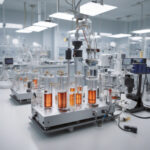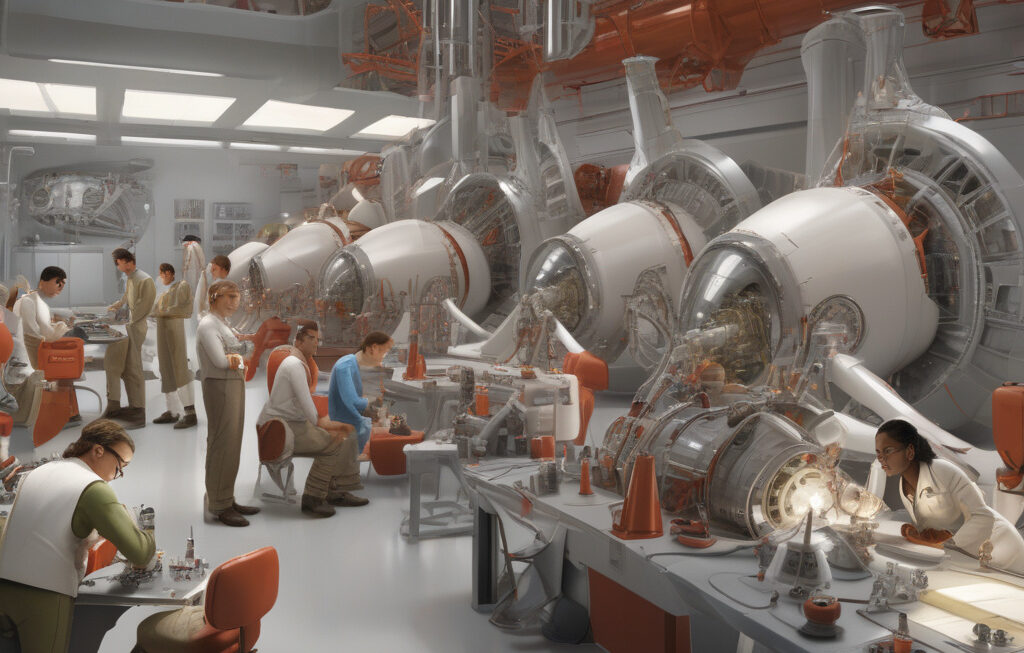Chia Seed-Sized Lab-Grown Hearts Mimic Real Tissue to Decode Cardiac Disease in Children
Tiny lab-grown hearts are helping scientists crack the code of childhood heart disease and fast-track innovative solutions. These miniature organs, approximately the size of a chia seed, are revolutionizing the way researchers study cardiac conditions in young patients.
In recent years, there has been a growing need to better understand congenital heart defects, as they are the most common type of birth defect, affecting nearly 1% of newborns worldwide. These defects can have serious implications for children, impacting their quality of life and requiring complex medical interventions.
Traditional methods of studying heart disease, such as animal models and 2D cell cultures, have limitations in replicating the intricate structure and function of the human heart. This is where lab-grown hearts, also known as cardiac organoids, come into play. By using stem cells derived from patients, scientists can grow miniature hearts that closely mimic the structure and function of real heart tissue.
These tiny organs beat, contract, and respond to stimuli much like a human heart, providing researchers with a realistic model to study the development of cardiac diseases. This level of accuracy and complexity is crucial in unraveling the mysteries of congenital heart defects and discovering new treatment options.
One of the key advantages of lab-grown hearts is their potential for personalized medicine. By using a patient’s own cells to grow these miniature organs, researchers can create a model that is specific to that individual, allowing for tailored treatments and therapies. This approach holds great promise for the future of pediatric cardiology, offering new insights and possibilities for young patients with heart conditions.
Furthermore, lab-grown hearts are accelerating the pace of drug discovery and development. By testing potential therapies on these miniature organs, researchers can quickly assess their effectiveness and potential side effects, streamlining the process of bringing new treatments to the clinic. This not only saves time and resources but also ensures that patients receive the most advanced and personalized care possible.
In addition to their scientific value, lab-grown hearts also raise ethical considerations. As these organoids become more advanced and lifelike, questions arise about their moral status and the boundaries of experimentation. It is essential for researchers and policymakers to engage in dialogue and establish guidelines to ensure that this cutting-edge technology is used responsibly and ethically.
Overall, the development of chia seed-sized lab-grown hearts represents a significant breakthrough in the field of pediatric cardiology. By providing researchers with a realistic and personalized model of heart tissue, these miniature organs are paving the way for a better understanding of cardiac diseases in children and the development of targeted therapies. As technology continues to advance, the future looks promising for young patients with congenital heart defects.
childhood heart disease, lab-grown hearts, cardiac organoids, personalized medicine, pediatric cardiology











